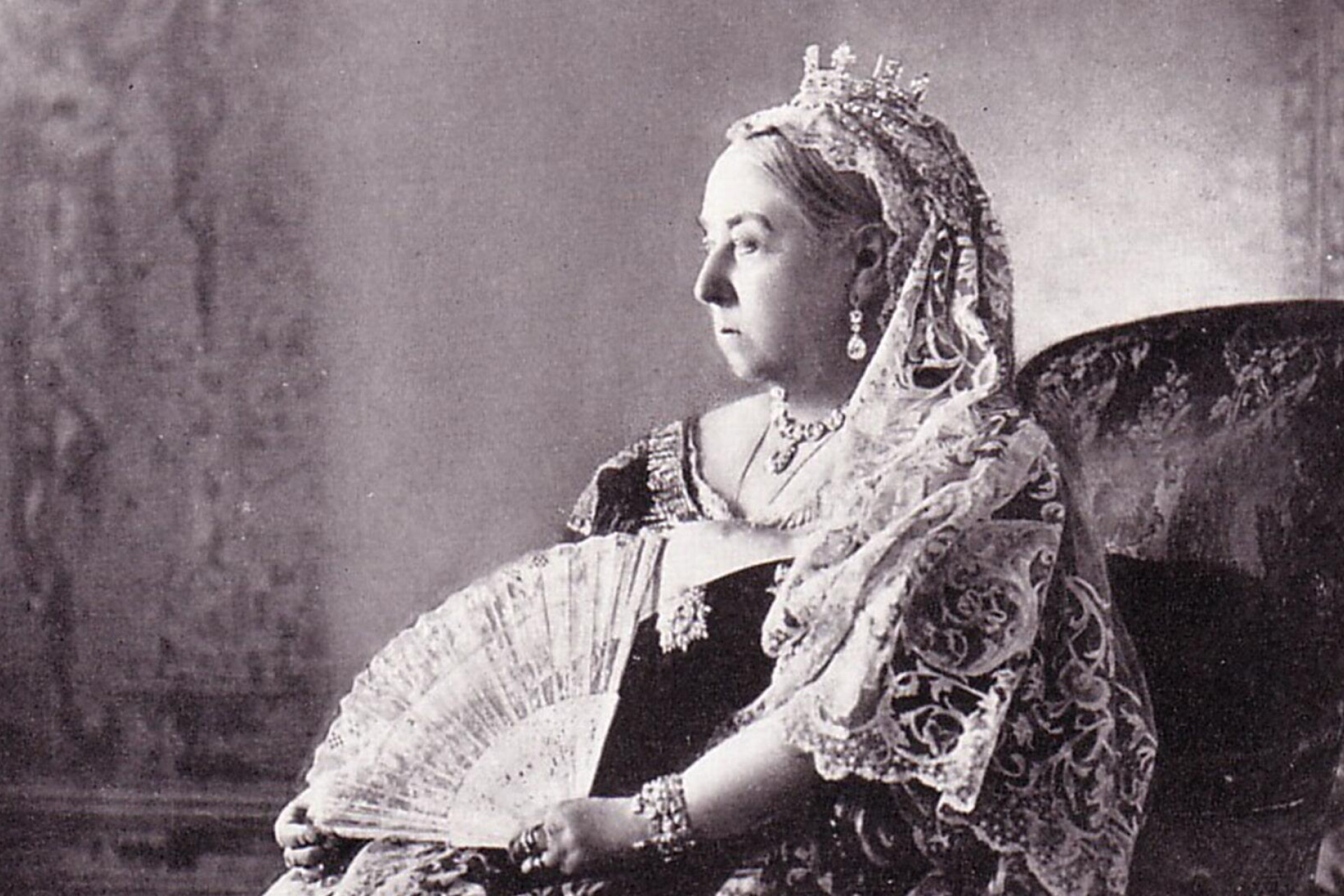General News
5 January, 2025
Victoria’s patriotism: May day when school children children honoured the Empire
ONE hundred years ago tomorrow, school children at Loddon schools skipped lessons to sing patriotic songs. They had history talks and some even took part in traditional dances 13 years after the death of Queen Victoria who had reigned on the British...

ONE hundred years ago tomorrow, school children at Loddon schools skipped lessons to sing patriotic songs.
They had history talks and some even took part in traditional dances 13 years after the death of Queen Victoria who had reigned on the British throne for 63 years and spawned an empire around the world.
Her death in the first year of the new century, 1901, meant her May 24 birthday (she was born in 1819) became Empire Day.
In Australia, the day was celebrated through until 1958. In later years there were fundraising efforts by Red Cross for soldiers fighting in war or after community bonfires.
At Boort school in 1914, there was singing and speeches. Headteacher Mr WD. McDonald, the Boort Standard reported, interrogated the children on their thoughts arising from the expression—”Empire Day”.
An address to students by Mr Wingfield talked about Queen Victoria, “one who by her kind, good and loving disposition had endeared herself to all her subjects. Many countries despise their ruler, but Victoria was loved by everybody.
“... we had become so used to the 24th of May as a public holiday, that the people of England and the king himself thought that it should still be kept up as a day set apart in memory of the queen, and a day on which we might meet and rejoice at the thought that we belonged to the greatest empire in the world.
“It was a splendid idea to keep up this day. We frequently express our pride to belong to the British Empire. People sing in praise of that vast dominion over which the sun never sets.”
Miss Elva Hosken and Master Malcolm McLaren read two poems.
Mr Graham, reporting as correspondent of the school committee, saw the difference between the present day and the old holiday that he was so used to as a boy. In his school days, it was the Queen’s birthday, now it was a day set apart as Empire day in honor of the memory of that Queen who had since passed away.
“The boys and girls there that day would not remember Queen Victoria, but he remembered her reign well. She used her great influence for good, and would not tolerate anything low or vulgar in her court.
The following year, students had a new head teacher, Mr Fraser, and Empire Day saw the unfurling of the flag as children saluted before addresses were given by Mr Job Weaver, Mr G. Kirkham and Reverend. Lewin.
At one of the first Empire Day events in Inglewood in 1907, speeches were given before children led the town’s residents to the recreation reserve for a sports afternoon held, according to the Inglewood Advertiser, in perfect weather.
Tradesmen took the opportunity for a day off work in those years before World War One.
After a day of celebrations in the year that war started, the town hall was thrown open “at the conclusion of public entertainment for the use of the public and dancing was indulged in by a large number”.
There was a Scottish influence in Wedderburn’s celebrations of 1915. After the usual school assemblies, songs and speeches, that night it was the Grand Scotch Night at the Mechanics’ Institute for Empire Day.
At Bridgewater, local Mayor Cr Ansett hopped in his motor car that day to attend celebrations that included the town brass band adding “greatly to the enjoyment of the proceedings”.
School children were central to Empire Day celebrations. At Tarnagulla, newspapers report that about 10 o’clock the children assembled and the Union Jack was unfurled, which was saluted.
“Several songs suitable to the occasion were rendered by the children, after which addresses were given by the Mayor (Cr. Laidlaw, and Messrs. Bunstal, Chambers, Comrie, Rev. J. A. Rodger, and the head teacher (Mr. Kobineon). Each scholar was given a quantity of lollies, cakes, fruit and a new penny, after which school work was dispensed with”.
Empire Day was marked across the world in former and present British colonies.
It was later renamed Commonwealth Day from 1958 when communities would still celebrate with parades and sports.
In 1977, Commonwealth Day was moved to March.
The idea to hold an Empire Day as a day that would “remind children that they formed part of the British Empire” gained support in the 1890s and was first held in Canada before extending to other countries after Queen Victoria’s death.
So for more than 50 years, countries the world over continued to honour a queen whose passing had seen another five monarchs sit on the throne.